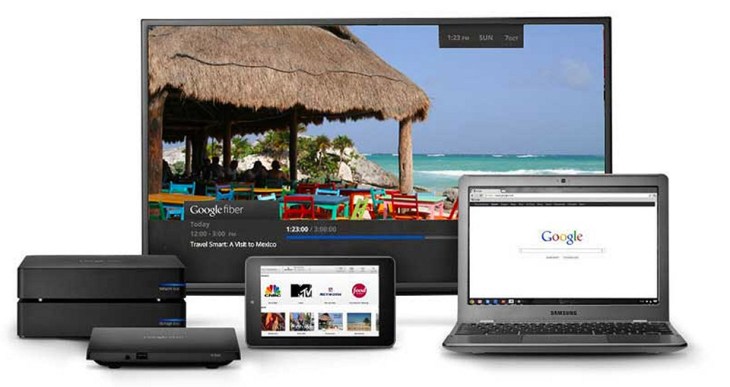To say that Google’s high-speed Internet and television service has been warmly received in Kansas City is probably an understatement. But why didn’t the search giant take a stab at disrupting phone service, as well? As it turns out, it wasn’t due to lack of vision. A report from the Kansas City Business Journal reveals that Google thought long and hard about rolling out VoIP service to go with its Fiber data service before eventually balking at the regulatory headache it would have to deal with.
“We looked at doing that. The cost of actually delivering telephone services is almost nothing,” said Milo Medin, Google’s VP of Access Services at a conference in Kansas City. “However, in the United States, there are all of these special rules that apply.”
One of the most notable hurdles in the process, he pointed out, would have been the prospect of tweaking the service’s billing systems to support phone service since it would require different tax calculations for Kansas and Missouri (the two states Google Fiber currently has a foothold in). It doesn’t seem like the sort of problem that Google couldn’t power through if it really wanted to, but the company apparently felt it best to let that particular sleeping dog lie.
Now sure, there’s nothing to prevent existing Google Fiber subscribers from buying a MagicJack or an Ooma and signing up for their own low-cost VoIP service, but the situation could prove problematic for certain groups of customers. Potential switchers coming off one of those contract-bound bundle packages that tie phone service in with television and Internet could feel the rub, something GigaOM’s Dave Greenbaum points out in his great write-up of the Google Fiber experience):
While subscribers can use their mobiles phones, many people still use alarm or fax systems that need a landline. Both could be done over Internet (or via a third-party IP phone service) but this is an additional hassle to switch.
Medin noted on the panel that he didn’t think a lack of voice service had much of an effect on the service’s popularity (I don’t doubt that at all considering the sort of derision and scorn people tend to heap on established players like Comcast and Time Warner Cable), but it’s hard not to wish that Google had rolled out a complete suite of services that would make those traditional providers completely obsolete.
